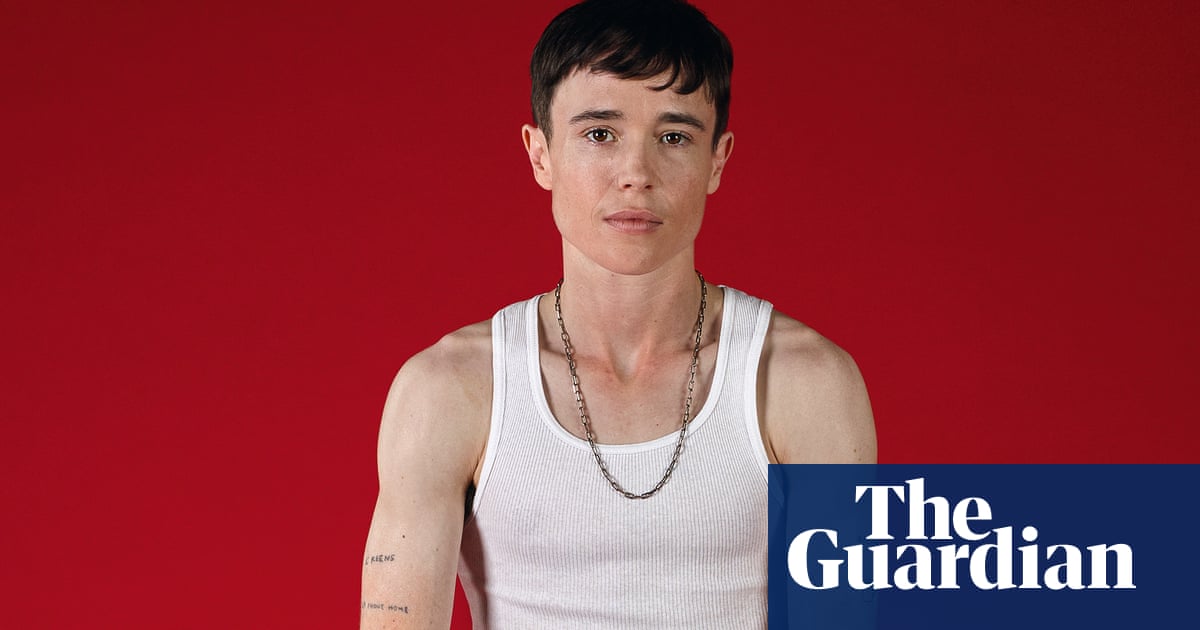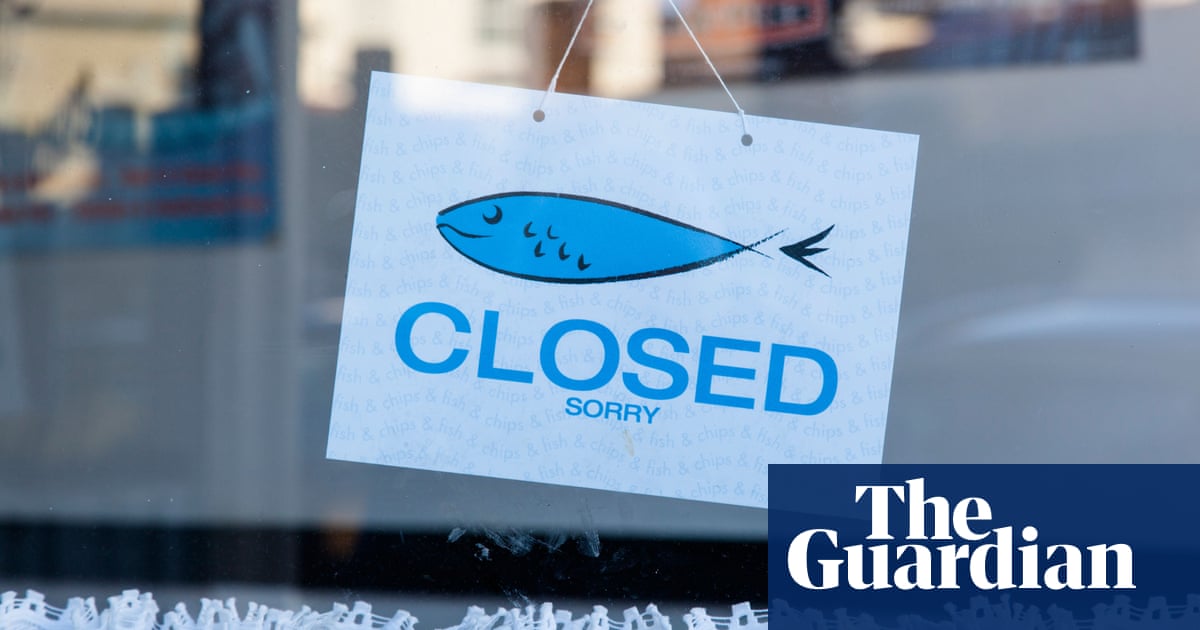
hen I meet Dublin band Pillow Queens in a pub and pizza place in the city in August, the conversation ranges from the city’s housing crisis to the campaign to end direct provision, Ireland’s widely criticised system for housing asylum seekers. It takes a while for the reason for our meeting – the release of their exceptional debut album In Waiting – to get a look in. Proudly queer and passionate about social justice, the quartet come from a generation of artists who are equally concerned with creating great work and social change.
Their purpose has evolved since they staged their first-ever gig, a benefit, in 2016. “We wanted an excuse to raise money for this dog rescue,” says guitarist and singer Sarah Corcoran. Since then, she and Pamela Connolly, Rachel Lyons, and Cathy McGuinness have made their name as one of Ireland’s best new bands in a country (let alone a city) not short on them. They fuse a punk sensibility with poppy hooks on songs such as Holy Show; HowDoILook is a joyful ode to body positivity. In person, the four-piece echo the energy of their spirited and euphoric indie rock, and not having seen much of each other during lockdown, they’re upbeat, frank and irreverent – excited to be back in each other’s company.
When they met their manager in 2017, says McGuinness, they brought in a list of “unreasonable requests”: touring on a double-decker bus, coverage from US radio stations NPR and KEXP. “In fairness, we’ve ticked a good few of them off,” she says. Last year they supported Soak on their European tour, and travelled by bus. “People think it’s close quarters, but the bus is very big. And we’re used to renting in Dublin,” Connolly jokes.
In Waiting is underpinned by the understanding that the personal is political. “The way we interact with politics is our everyday,” says Corcoran, the group’s dominant force. “There have been great advances in Ireland: we’ve had equal marriage come in, we voted to repeal the eighth amendment, so abortion has been legislated for. These things look good on paper.” But she says there is still a long way to go. “It’s frustrating to live in a country that’s only looking after a minority of people who are already doing OK.”
One of the sharpest things about Pillow Queens’ debut is how it acknowledges the psychological challenge of adapting to even positive social change after a lifetime conditioned in its opposite. In Waiting is littered with religious language, from Liffey (“Someday you’ll have my head on a silver plate”) to Gay Girls, which is more anxious than it is defiant. Talking about the album has made Corcoran realise that the religious references in her songwriting are a form of grief. “There’s this relationship I used to have with Catholicism and spirituality that I had to break away from, because it didn’t accept me any more.”
She was raised Catholic, went to Catholic school, prayed daily. “That was a real comfort in my life,” she says. But disappointment crept in. “I had a religion teacher who was very strong in his belief that homosexuality was wrong, and anybody who was homosexual was going to hell. My sister had come out before I even realised I was gay, so I was really stressed out, like, ‘Oh god, my sister’s going to go to hell.’ I think that was the beginning of me separating myself from it a bit.”
As Corcoran entered her 20s and came to understand her identity, that sense of separation intensified: “I thought, this isn’t for me, because there’s no place for me in this. I’m not accepted, being a gay woman who believes in progress, believes that women deserve equal rights.” More details of the Catholic church’s child abuse emerged and Corcoran saw her experience of losing faith in the institution replicated across Ireland: “People stopped giving it the same platform. It didn’t have the power that it used to have.”
Giving up something that was once so important to her has been an illuminating but complicated journey. “I think we all assumed that we had left it behind and instantly stopped caring about it,” she says of her bandmates, who had similar experiences. “It’s only now that we’re kind of realising that it’s a process, like anything else.” That communal process – and finding a new community and a voice to match – is at the heart of In Waiting: “There goes the man I want to be,” Connolly sings on Brothers: “I love my brothers and my brothers love me,” attesting to the importance of chosen family.
Lyons recalls a family member once asking what kind of band they were: “‘A gay band? Are you political? Pick one.’ I was like, we don’t have to,” she says. “We can be all of these things.”












